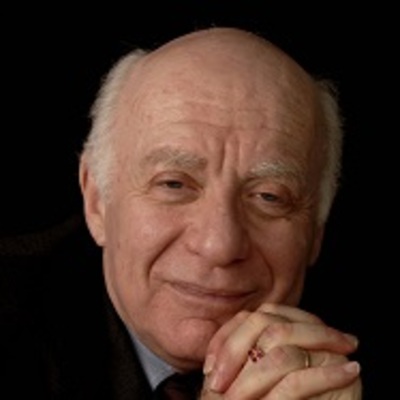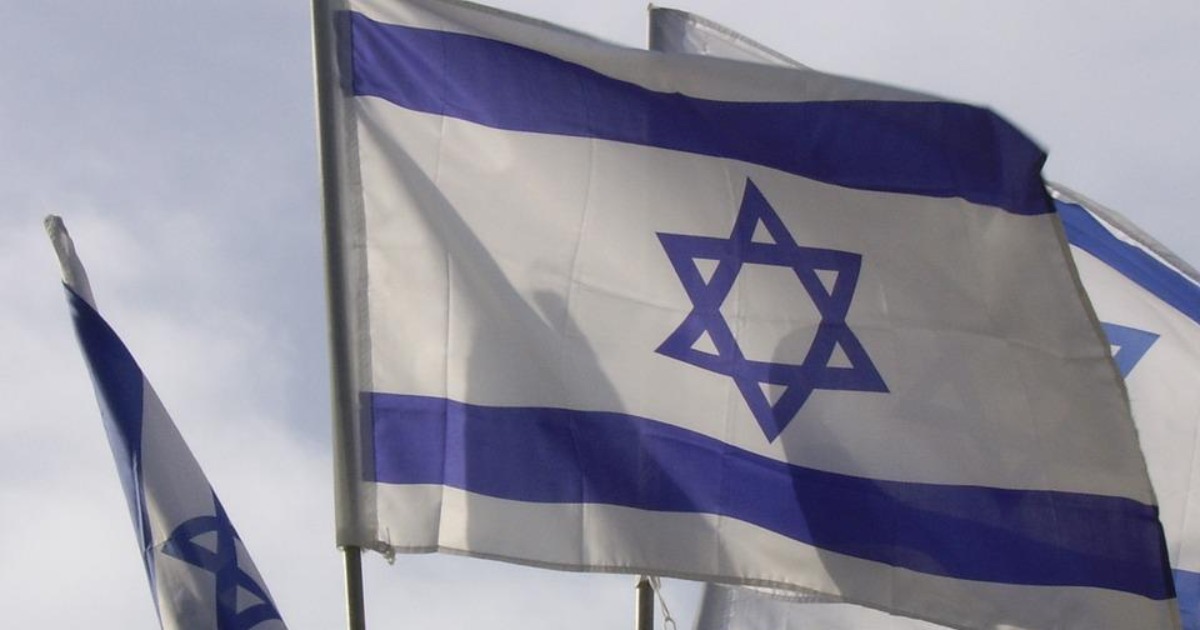Known Unknowns: Left in the Dark on Mideast Policy
What is the state of U.S. media and political class 14 years into the “war on terror”?
February 14, 2016
To read U.S. newspapers today for Middle East coverage and analysis is as much an exercise in sorting fact from fiction or omission as it was nearly 13 years ago when the United States invaded Iraq under false pretenses with U.S. media cooperation.
Recent examples include:
- Unqualified references in reporting on Syria’s civil war to al-Nusra and Ahrar al-Sham as “rebels,” or “the opposition” or as “moderate” Islamists
- Studiously avoiding any use of the name al-Qaeda or any allusion to direct roots in violent jihadist movements
- Virtually ignoring Russia’s military role in Syria, except to criticize it without qualification
Ignoring Turkey’s full role in supporting both al-Nusra et al and ISIS, via flows of oil out and fighters in - Leaving untouched the crucial role of Saudi Arabia and the Gulfies in financing jihadi groups in Syria and beyond
To be sure, some of the lack of incisive coverage can be traced to the closure and cutbacks of many foreign bureaus and growing reliance on thin wire service coverage. But many of the factors that discouraged accurate reporting in the run-up to the 2003 Iraq War have never been corrected – and may, indeed, be worse today.
Careerism’s silencing effect in the media
In the pervasive contest between integrity and careerism, integrity routinely loses in contemporary American society. That common truth is so obvious that it hardly needs restatement.
More important, it is increasingly taken to be not only the norm but natural – so that it goes largely unquestioned. It means keeping on the good side of officials who offer you access, occasional exclusives and the sense of self-esteem that comes with being “in-the-know” and in the inner sanctum of power.
All of that means taking no risks and going with the flow of the prevailing consensus however illogical and out of sync with reality it is.
Journalists limiting themselves to a few, predictable sources makes a mockery of the notion that there is a surfeit of information in this “age of communication.”
Careerism, broadly conceived, has had equally pernicious effects on the think tanks and those who trail in their intellectual wake.
Indeed, the effects make be properly judged as more pernicious since their very reason for being is to strive for understanding in an honest, transparent manner through the acquisition of factual knowledge and its rigorous analysis.
By these standards, they clearly have fallen down on the job. There has been widespread acceptance of the Obama administration’s contrived narrative of what is happening in the Middle East, of American actions, and of its dealings with supposedly allies who work at cross-purposes to America’s declared aims.
This speaks to an abdication of intellectual responsibility and a betrayal of their pledge to serve by telling truth to power.
This is a harsh judgment. Sadly, the facts permit none other.
Pressure from officialdom
Another explanation for this abdication of journalistic duty, at least insofar as the major media outlets are concerned, is to posit White House pressure on editors and journalists.
On this hypothesis, however, we have only fragmentary information. There are some things we do know that indicate that such pressured are exerted with considerable success in shaping news coverage.
For one thing, off-the-record briefings have become commonplace. These arrangements go beyond the traditional anonymous sourcing of an official to a privileged reporter that is a long-standing feature of Washington journalism.
Today, they often carry the mutual understanding that the subject at hand will be treated in a manner sympathetic to the source.
Off-the-record briefings were the method by which the Bush people used The Washington Post and The New York Times and others to disseminate its lies and falsifications in 2002 and 2003. These became the foundation cornerstones for its case in support of the Iraq invasion.
The practice of taking direction from the White House remains widespread. Indeed, the Obama White House has refined methods for controlling the presentation of “news” through secret meetings with select groups of journalists.
There, they are plied with scripted versions of administration policy in exchange for pledges not to reveal sources or even that such a meeting was attended. Published criticism of the received material results in shunning.
At times, the journalists are forced to agree in advance to give the officials involved an opportunity to review and to edit any quotations.
Corporate pressure points
Television news is especially susceptible to pressures of the corporate kind. There are credible reports from multiple sources that officials in the President’s office, in the Intelligence agencies, in the Pentagon and in the State Department routinely communicate with news executives.
They complain about coverage or to persuade them to treat a story in a particular way – or to ignore it altogether.
Political pressures have increased as politicos in power become more audacious in their efforts to control the flow of information – and, more important, perceptions of reality. But we also must look at the other side of the exchange.
Media figures, think tank prima donnas, and the commentariat generally have become more receptive to guidance from the powers-that-be.
Independence is less highly valued. Participating in the narrative somehow is now more gratifying than being an honest critic. Solidarity in the cause carried the weight of civic duty.
What is “the cause?” The obvious answer is the “war on terror.” But in reality, the threat of Islamic terrorism is eclipsed by the intensity and extent of the loss of our independent media and think tanks – and the threat that poses for our democracy.
Takeaways
Integrity routinely loses to careerism in contemporary American society, including the US media.
Another explanation for abdication of journalistic duty by major outlets is White House pressure.
US officials routinely complain to news executives or persuade them to treat a story differently.
Losing independent media/think tanks and its threat to our democracy is bigger than the ISIS threat.

